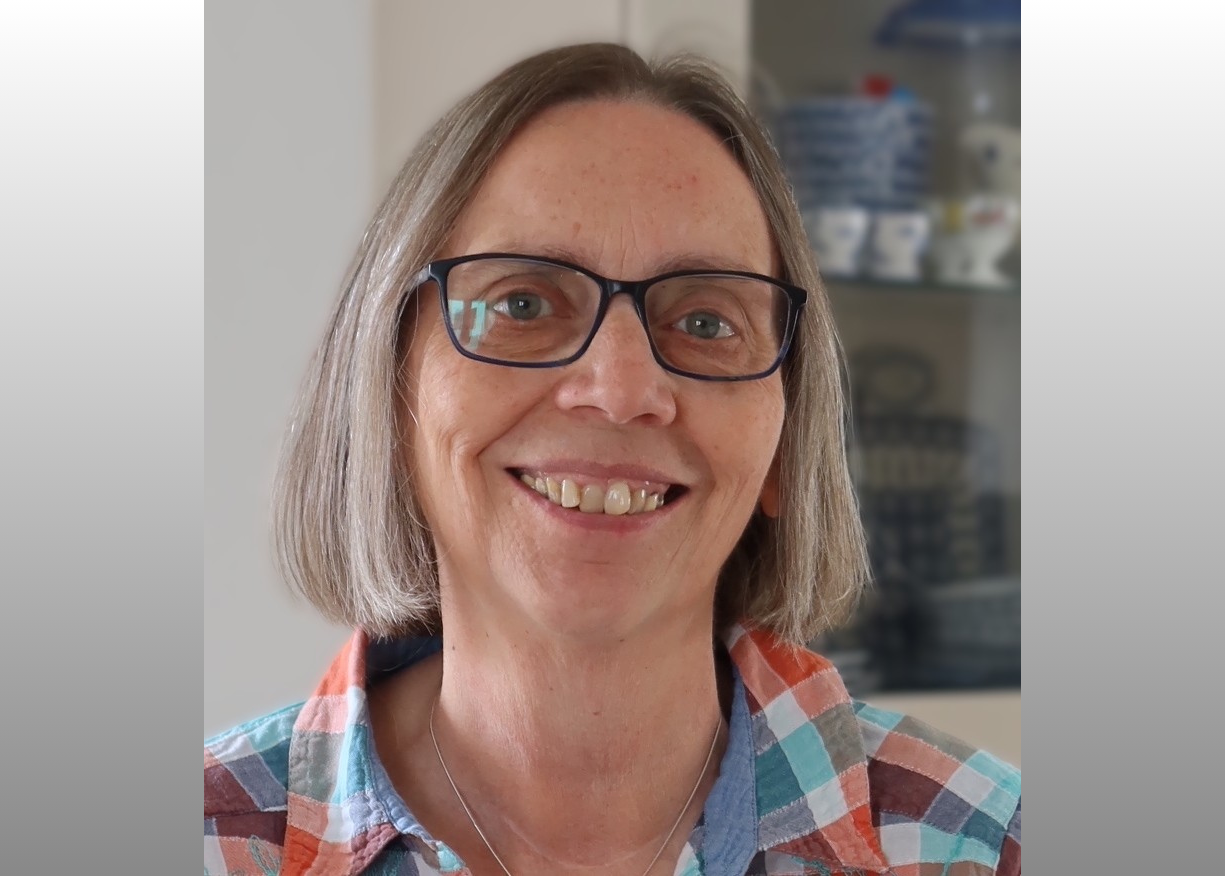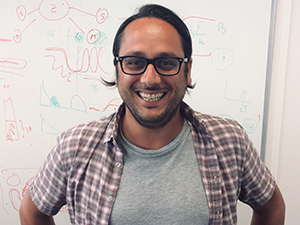Thousands of women who undergo radiotherapy for low-risk breast cancer could be spared some of the side effects of treatment after a study confirmed that more targeted treatments are just as effective at controlling the disease in the long term.
Findings of the IMPORT LOW trial, which was led by The Institute of Cancer Research, London, and the University of Cambridge, have shown that limiting radiation to only the tumour area is just as effective as treating the whole breast, therefore reducing radiation exposure.
At the 10-year follow-up mark, the team showed that recurrence rates for the less aggressive technique – known as partial breast radiotherapy – were 3 per cent, the same as for whole breast radiotherapy, according to findings published recently in The Lancet Oncology.
Reducing long term side effects
Partial breast radiotherapy, which has been shown to reduce long-term changes in breast appearance, has now been adopted widely across the NHS and internationally.
It is hoped that more than 9,000 women a year in the UK – one in four patients who require radiotherapy for breast cancer – will benefit from the more personalised treatment, along with many tens of thousands of patients around the world.
More than 37,000 women have radiotherapy for breast cancer in the UK each year. The procedure is given after a tumour is surgically removed and is aimed at eradicating all remaining cancer cells.
Side effects of radiotherapy include changes in breast size or shape, swelling in the arm or breast due to fluid build-up, as well as pain or breast hardness.
Comparing three different approaches
The IMPORT LOW trial, which was managed by the Clinical Trials and Statistics Unit at The Institute of Cancer Research (ICR) and funded by Cancer Research UK, compared three radiotherapy approaches: whole-breast radiotherapy, partial-breast radiotherapy and partial-breast radiotherapy with reduced-dose to the part of the breast that was distant from the primary cancer. It involved more than 2,000 women at 30 radiotherapy centres in the UK who were monitored for 10 years after treatment.
Professor Judith Bliss, Founding Director of the ICR-CTSU, co-led the trial with Professor Charlotte Coles, from the Cambridge University Hospitals NHS Foundation Trust, who is the Chief Investigator. Professor John Yarnold at the ICR was the previous Chief Investigator between 2008 and 2013. The study was supported by the National Institute for Health and Care Research's Biomedical Research Centres in Cambridge and at The Royal Marsden and the ICR.
The researchers found no difference in rates of cancer recurrence with either of the less aggressive approaches, and patients reported significantly lower side-effects.
One in four patients will be eligible
Patients who received partial-breast radiotherapy were significantly less likely to experience long-term changes in breast appearance. Only 15 per cent of patients reported noticeable changes at five years, compared to 27 per cent in the whole-breast group.
Experts estimate that between 25-30 per cent of patients who have radiotherapy treatment for breast cancer are eligible for partial breast radiotherapy, due to their cancer being low risk and, to date, around 74,000 women have benefited from the gentler technique.
Following the trial's success, partial-breast radiotherapy has been integrated into NHS treatment guidelines and endorsed by the Royal College of Radiologists and Association of Breast Surgery. The IMPORT LOW trial has also changed clinical practice worldwide, informing the 2022 European Society of Radiation Oncology guidelines, and 2023 American Society of Radiotherapy and Oncology (ASTRO) partial breast irradiation guidelines.
Cost savings for the NHS
Since 2020, partial breast radiotherapy has been carried out in five sessions of radiotherapy instead of 15 – making it cheaper for the NHS and less burdensome for patients.
Professor Charlotte Coles, Professor of Breast Cancer Clinical Oncology at the University of Cambridge, Honorary Clinical Oncology Consultant at Cambridge University Hospitals NHS Foundation Trust, and Chief Investigator of the IMPORT LOW study, said:
"The IMPORT LOW trial has transformed how we treat early breast cancer, offering women a safer and effective option while significantly reducing some side effects. By targeting the area around the tumour, rather than the whole breast, we have demonstrated that patients can achieve the same outstanding long-term outcomes with fewer complications. This approach is now widely adopted across the NHS, sparing thousands of women from unnecessary radiation exposure. The results of this study have not only shaped UK clinical practice but also informed international guidelines, ensuring that women worldwide benefit from this personalised, evidence-based treatment.”
First author Dr Anna Kirby, consultant clinical oncologist at The Royal Marsden NHS Foundation Trust and Reader in Breast Cancer Radiotherapy at The Institute of Cancer Research, London, said:
"The long-term results of this study confirm that a less aggressive approach - limiting radiotherapy to the part of the breast where the tumour was – is just as effective as traditional whole-breast radiotherapy. Patients receiving partial breast radiotherapy experience fewer side effects while maintaining excellent cancer control. This approach has now been widely adopted across the UK and internationally, significantly reducing the treatment burden while delivering the same long-term success."
Dr Fay Cafferty, Lead Statistician at The Institute of Cancer Research, London, and a co-author of the study, said:
"The 10-year findings from the IMPORT LOW trial are crucial in reinforcing the long-term safety and effectiveness of partial breast radiotherapy for women with early breast cancer. Long-term data is vital to ensure we know there's no greater risk of breast cancer returning after this targeted radiotherapy treatment. This latest analysis confirms that partial breast radiotherapy remains a safe and effective treatment option, supporting its continued adoption as the standard of care in the UK and globally. Along with the parallel reduction in the number of radiotherapy sessions now required, the approach provides significant advantages both for patients and healthcare systems, helping to optimise resources while ensuring excellent long-term cancer control."
Dr Dani Edmunds, Research Information Manager at Cancer Research UK, said:
"This study shows that we can safely reduce the amount of radiotherapy we give to many women with early breast cancer without increasing the risk of the disease coming back. This means people experience fewer long-term side effects, like changes in how their breasts look or feel, making the treatment kinder.
"At Cancer Research UK, we’ve been investigating the use of radiotherapy in cancer medicine for more than 100 years, but it’s far from old-fashioned. This work shows how research is continuing to refine, improve and innovate the treatment so people can live longer, better lives.”
"Ten years on, I am doing fine...I am very thankful to have received the lowest dose of radiotherapy"
Hilary Stobart, now 70, was diagnosed with ER-Positive breast cancer in December 2008 which revealed a two-centimetre tumour in her left breast.

Hilary, then aged 54, underwent wide local excision surgery and was then offered the chance to take part in the IMPORT-LOW trial. She was treated with partial breast radiotherapy as part of the trial. She says:
“I had three weeks of radiotherapy, but suffered no side effects, other than some soreness in my breast and nipple in the first few weeks.
“Ten years on, I am doing fine. I have no side effects and no recurrence of disease. For me personally, I am very thankful to have received the lowest dose of radiotherapy. Whilst I may have had some niggling worries in the early days, having seen the results of the trial, I feel positive and optimistic now. I know that I was lucky enough back then to have had the best treatment, a treatment that other women will be routinely offered now.
“I am excited to have been part of a trial that has made a noticeable difference to the way in which breast cancer patients are treated now and in the future.”
.tmb-propic-md.jpg?Culture=en&sfvrsn=c25d2b2f_9)
 .
.
